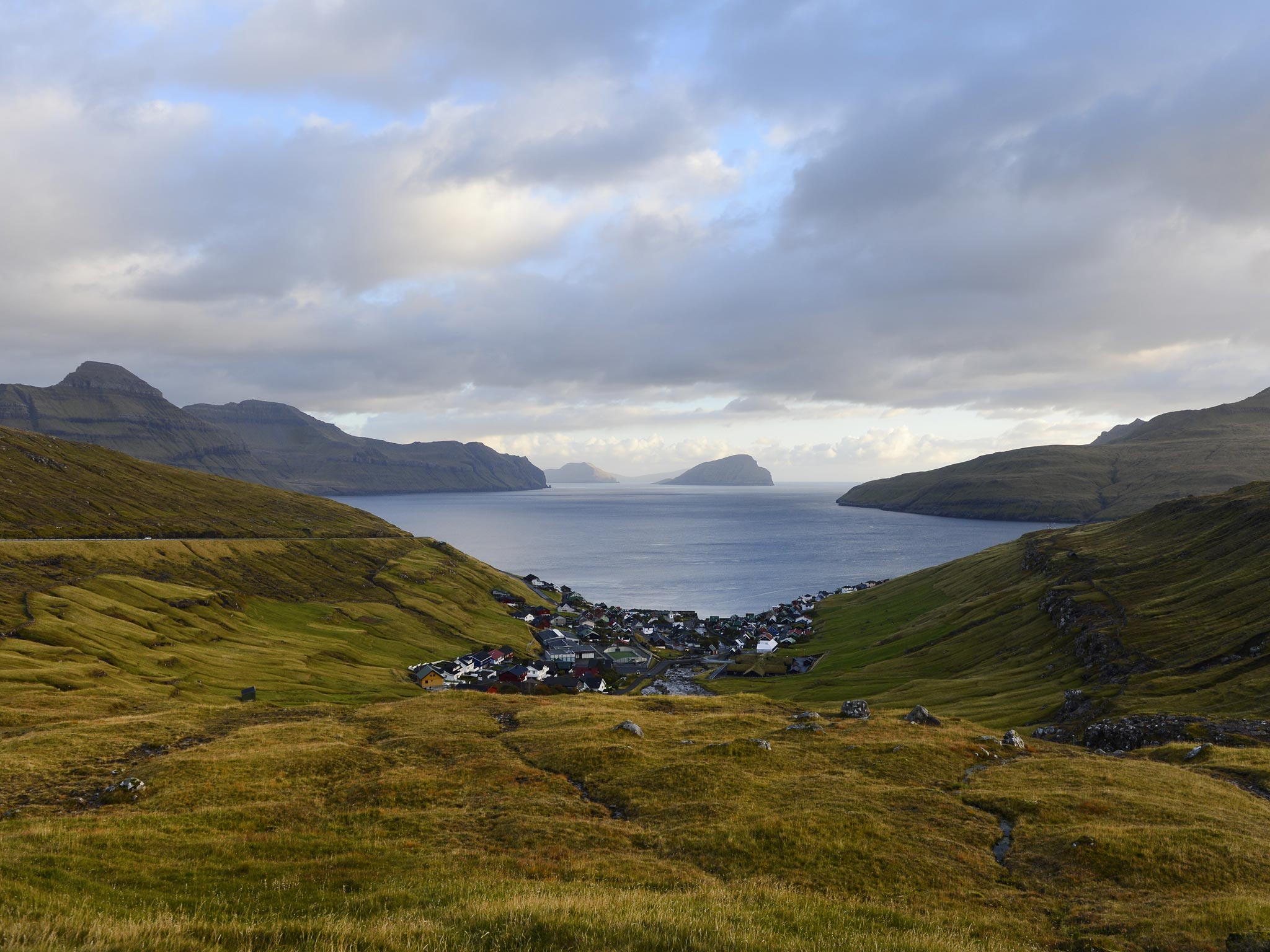Faroese fight over use of C, Q, W, X and Z in language
Politician is campaigning to expand the Faroese alphabet to 34 characters

When a country already uses three more letters than the English alphabet, adding an extra five may seem an unnecessary extravagance. But for citizens of the Faroe Islands, the absence of the letters C, Q, W, X and Z is becoming increasingly irksome, as more foreign words creep into everyday use.
Now one politician is campaigning to expand the Faroese alphabet to 34 characters. The Copenhagen Post reported that Henrik Old, of the Social Democratic Party, thinks the move would help the remote archipelago keep up in the globalised world. The newspaper gave the example of words such as “Chile” and “Celsius”, which are currently spelt with a K in the Faroes, the self-governing Danish dependency which lies about 200 miles north of Scotland.
But Mr Old has come up against resistance. Hogni Hoydal – whose Republican Party makes use of two characters unknown to native English speakers – says it will simply cause more confusion as the Faroese are accustomed to adapting foreign words.
After a debate in parliament last month, the proposal is now expected to go to a vote. “If the proposal is ratified, the Faroese language will be stuck in a straitjacket that will be difficult to get out of,” Mr Hoydal said, adding: “There will be confusion about when to use K or C.”
The left-wing parliamentarian says his view is backed up by a state language council, which ruled in 2012 that adapting the alphabet was unnecessary and would lead to a logistical nightmare because all dictionaries and textbooks would have to be rewritten.
The Faroese language derives from Old Norse, and is similar to the Danish and Norwegian script.
If the islands add the five new letters, they would trump the English language’s 26-letter alphabet, but lag far behind some Asian nations. Thai has 59 symbols, but the Khmer language has the largest alphabet in the world, with 74 letters, although many are no longer used.
The shortest alphabet can be found in Papua New Guinea: the 4,000 speakers of the Rotokas language have to make do with only 12 letters.
Join our commenting forum
Join thought-provoking conversations, follow other Independent readers and see their replies
Comments